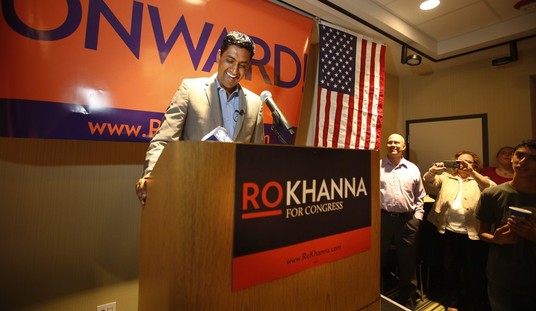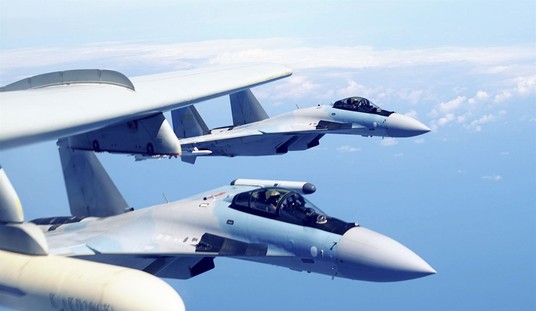Maybe the Syrian nuclear adventure hasn’t been completely derailed. According to reports, Damascus has turned away investigators from the IAEA, following up on the destruction of the facility at Al Kibar last September. Bashar Assad doesn’t want the same level of scrutiny Iran has received, and one has to wonder why:
Syria rejected the IAEA request for a visit late last month, the diplomats said. The visit would have been a follow up to an initial trip by IAEA inspectors in June.
“The Syrians said that a visit at this time was inopportune,” said a senior diplomat, who, like two others agreeing to discuss the issue, demanded anonymity because their information was confidential.
That appeared to leave open the possibility of a later visit. But one of the other diplomats said members of the Syrian mission to the IAEA were spreading the word among other missions that further trips beyond the one in June were unlikely.
If so, that could cripple international efforts to probe U.S. allegations that a site in a remote part of the Syrian desert, which Israel destroyed last year, was a near-finished plutonium-producing reactor built with North Korean help, and that Damascus continues to hide linked facilities.
The investigation had already been difficult enough. On their initial visit, the IAEA inspectors looked for trace evidence of nuclear work, but no one believes that any radioactive material had yet been delivered. The inspectors looked for graphite, critical to the cooling design of North Korea’s reactors, but even those elements may not have made it to Al Kibar when the Israelis destroyed the facility.
Four other locations had been identified for inspection when Damascus pulled the plug. Assad’s government had declared them “off limits” to nuclear inspectors, raising questions about their mission and operation. The IAEA also wanted to interrogate government officials about relations with Pyongyang and the joint projects the two governments operated together. Syria doesn’t want those kinds of questions asked, which again should set off red flags.
The US, meanwhile, wants Syria off of the IAEA board while Damascus remains under suspicion. The Bush administration has circulated a note to other member nations pushing Kazakhstan as the preferred representative from the region, although the Kazakhs themselves are less than enthusiastic about the proposal. The note rightly calls Syria’s election to the board while under investigation a “mockery” of the IAEA’s mission.
Syria seems determined to act suspiciously. However, Assad has watched the Iranian example and apparently has decided to follow their playbook. Thus far, the world has not made Iran pay for its intransigence, and as long as Syria sees no tough consequences for snubbing the IAEA, then they have no incentive to cooperate.







Join the conversation as a VIP Member